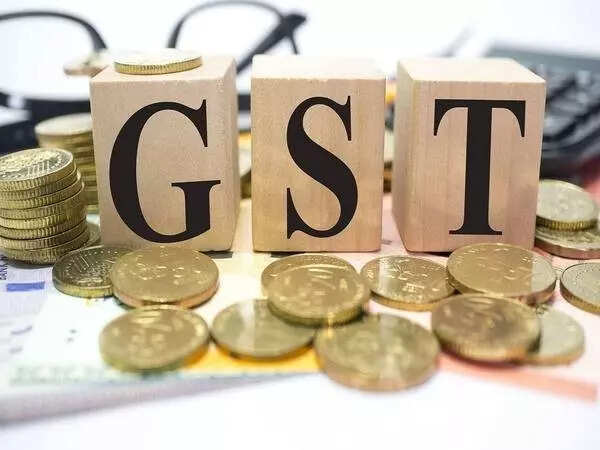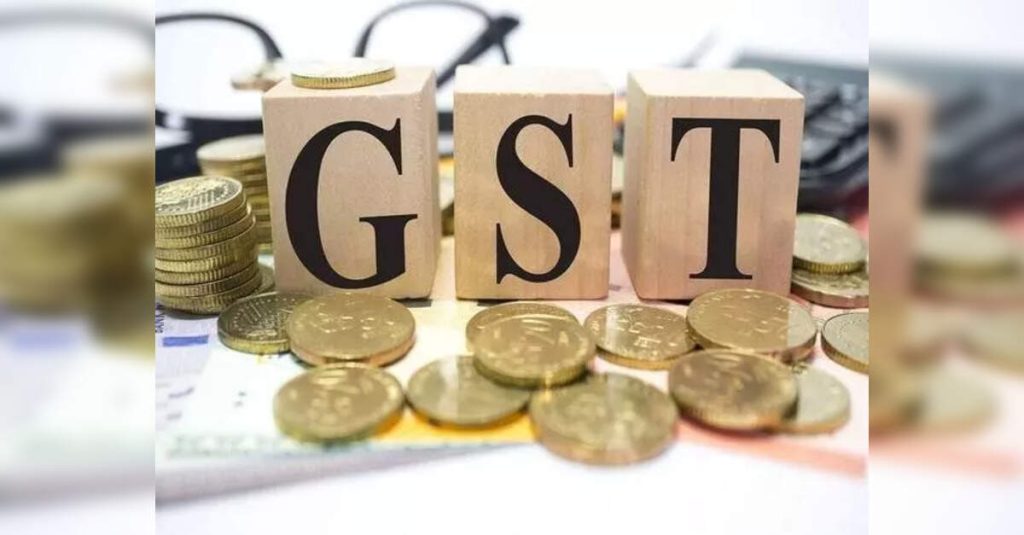
New Delhi: The rationalization of Goods and Services Tax (GST) rates is set to bring down the cost of renewable energy projects but will increase production costs for upstream oil and gas companies, rating agency ICRA said in a report.
As part of the changes, the GST rate on solar photovoltaic (PV) modules and wind turbine generators has been cut to 5per cent from the earlier 12per cent. This is expected to reduce the capital cost for solar and wind projects by about 5per cent.
“The rationalisation of GST rates for solar PV modules and wind turbine generators is expected to reduce the capital cost for solar and wind power projects by ~5per cent. This is expected to reduce the cost of generation for solar power projects by ~10 paise per unit and for wind power projects by ~15-17 paise per unit,” said Girishkumar Kadam, Senior Vice President & Group Head, ICRA Ltd.
According to ICRA, the reduction will also benefit ongoing projects under implementation as well as new bids expected in the renewable sector. “This in turn will benefit the power distribution companies in the form of lower power purchase cost, going forward,” Kadam added.
In contrast, the GST rate on exploration, development and production of crude oil and natural gas has been increased to 18per cent from 12per cent. As crude oil and natural gas are outside the purview of GST, this will raise costs without a corresponding input credit benefit.
“GST has been increased on exploration, development and production of oil and gas from 12per cent to 18per cent which would lead to increase in the cost of production of crude oil and natural gas. As crude oil and natural gas are outside the purview of GST, an increase in the cost of production without an offset available on sale of these products will lead to stranded taxes,” said Prashant Vasisht, Senior Vice President and Co-Group Head, Corporate Ratings, ICRA Ltd.
He added that upstream producers are already facing lower realisations due to moderating global crude and gas prices. “As oil and gas prices have moderated significantly since April 2025 on account of global economic headwinds and unwinding of production cuts by OPEC+, realisations of upstream companies have reduced. Accordingly moderating realisations and increase in cost of production would be a double whammy for the upstream industry and could lead to some assets not being developed on account of poor returns,” Vasisht said.
The report also noted that in the case of coal, rationalisation by bringing the existing coal cess under the GST framework could lower generation cost of coal-based power plants by about 15 paise per unit, translating into a likely reduction of nearly 12 paise per unit in supply cost for discoms.
ICRA said the GST changes come at a time when India is pursuing aggressive clean energy targets under the National Electricity Plan, aiming for 500 GW of renewable capacity by 2030, while continuing to rely on coal and domestic hydrocarbons to meet its near-term energy needs.


